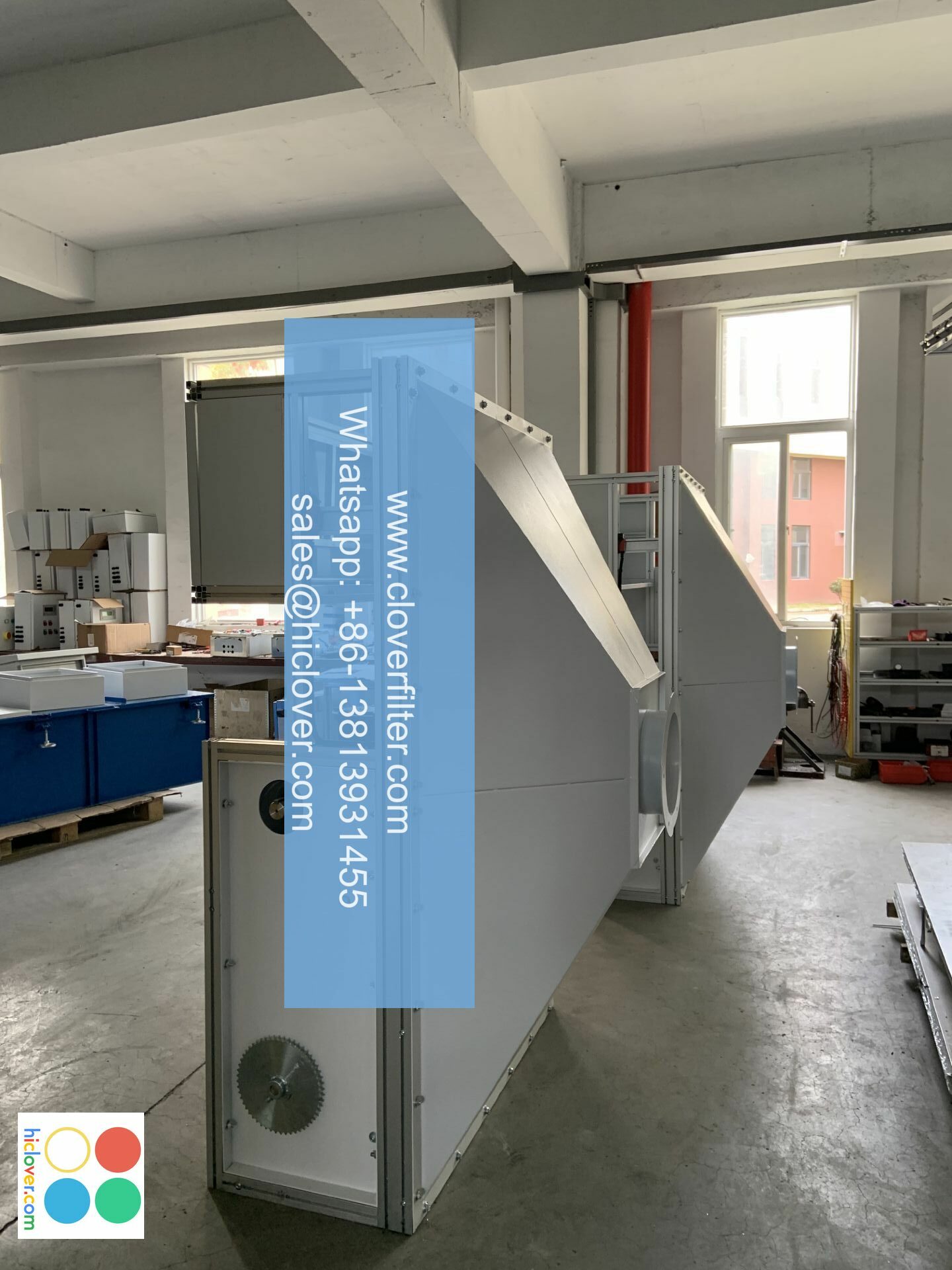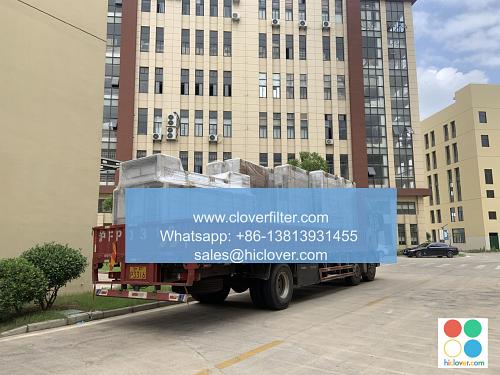Air Filter Industry News and Updates

The air filter industry has been experiencing significant growth and advancements in recent years, driven by increasing concerns about air quality, environmental sustainability, and public health. As a result, the industry has witnessed numerous developments, innovations, and updates that are transforming the way air filters are designed, manufactured, and utilized across various application areas.
Advancements in Filtration Technologies
The air filter industry has seen significant advancements in filtration technologies, including the development of HEPA (High Efficiency Particulate Air) filters, ULPA (Ultra-Low Penetration Air) filters, and activated carbon filters. These technologies have enabled the creation of more efficient, effective, and durable air filters that can capture a wide range of pollutants, including particulate matter, gases, and volatile organic compounds (VOCs).
Indoor Air Quality (IAQ) and Air Filter Applications
Indoor air quality (IAQ) has become a major concern in recent years, with studies showing that indoor air can be up to 5 times more polluted than outdoor air. Air filters play a critical role in maintaining good IAQ, and their applications are diverse, ranging from residential air purification systems to commercial HVAC systems and industrial air cleaning systems. Other application areas include healthcare facilities, data centers, and food processing facilities, where air quality is critical to maintaining a safe and healthy environment.
Air Filter Industry Trends and Innovations
Some of the key trends and innovations in the air filter industry include:
* Sustainability and energy efficiency: The development of energy-efficient air filters and sustainable manufacturing practices is becoming increasingly important, as companies strive to reduce their environmental footprint.
* Smart air filtration systems: The integration of IoT sensors and AI technologies is enabling the creation of smart air filtration systems that can monitor and adjust to changing air quality conditions in real-time.
* Nanofiber technology: The use of nanofibers in air filters is improving their efficiency and effectiveness, enabling them to capture smaller particles and pollutants.
* Antimicrobial air filters: The development of antimicrobial air filters is helping to reduce the spread of airborne pathogens and improve public health.
Industrial Air Filtration and Applications
Industrial air filtration is a critical component of many industries, including manufacturing, pharmaceuticals, and oil and gas. Air filters are used to remove pollutants and contaminants from the air, protecting equipment, employees, and the environment. Some of the key applications of industrial air filtration include:
* Dust collection systems: Used to remove dust and other particulate matter from the air in manufacturing and processing facilities.
* Fume extraction systems: Used to remove hazardous fumes and gases from the air in industries such as welding and metalworking.
* Gas filtration systems: Used to remove gases and VOCs from the air in industries such as chemical processing and oil refining.
Conclusion
The air filter industry is experiencing significant growth and innovation, driven by increasing concerns about air quality, environmental sustainability, and public health. As the industry continues to evolve, we can expect to see new technologies, applications, and innovations emerge, transforming the way air filters are designed, manufactured, and utilized across various application areas. Whether it’s residential air purification, industrial air filtration, or commercial HVAC systems, air filters play a critical role in maintaining good air quality, protecting public health, and promoting environmental sustainability. It seems like you didn’t include a question or topic in your prompt. Could you please provide more details or clarify what you would like to know or discuss? I’m here to help with any questions or topics you’d like to explore.

